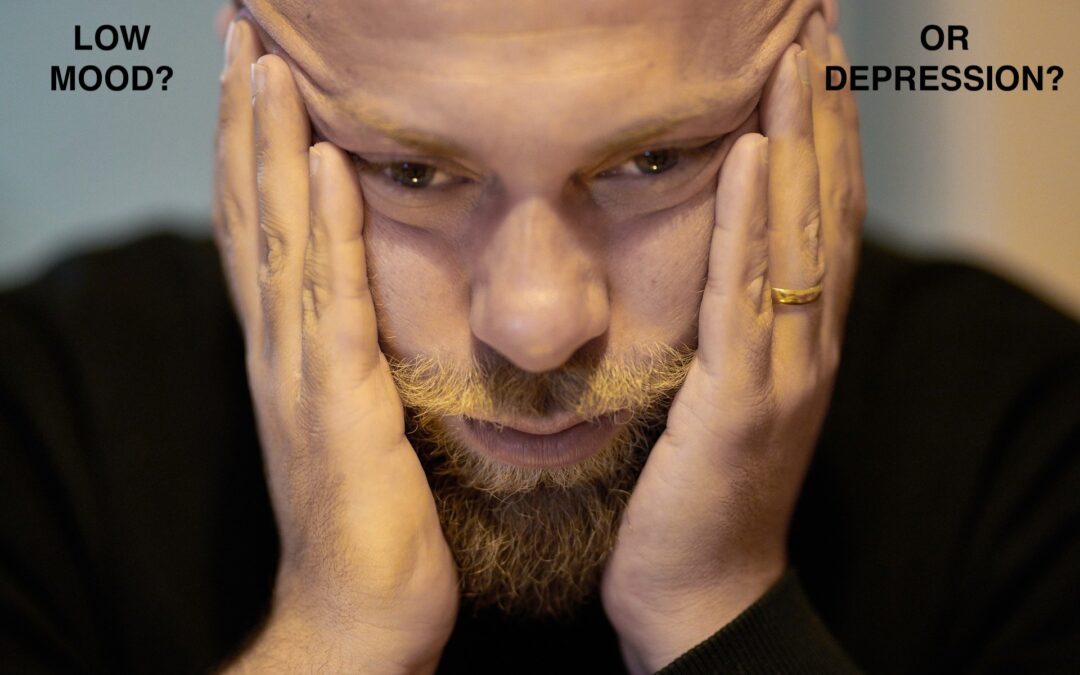Author & Video – Maddy Boardman
Image by Free-Photos from Pixabay
Am I suffering from low mood or is it depression?
We can all feel down from time to time, sadness is a very normal human emotion, even extreme sadness can be normal when faced with certain life events such as the breakdown of an important relationship or a loved one dying. At times like these feeling very sad is expected, it’s a normal part of the coping process. Low mood can also be an evolution response to keeping us safe, for example, if we injury ourselves we may feel low in the days afterwards, this stops us throwing caution to the wind and going out to have fun and keeps us focussed on recovery. But how do we know if our emotional state reflects something more serious, how do we know if we are suffering from depression? And is it depression or is it low mood? These two terms are confusing and seem to be interchangeable, so how can we differentiate between them?
Low mood is not classified as a psychological illness.
Depression is an illness that results in biological changes in your brains ability to produce and absorb neurotransmitters and can affect physical structures in the brain. Low mood can be unpleasant and challenging but it doesn’t produce the same quantifiable loss in healthy brain function.
Low mood is usually contextual to life events
Low mood reflects a person’s emotional state in relation to their life events. If a person had an argument with a loved one or some criticism at work, or any other of life’s challenges, they may experience a period of low mood. Depression can manifest for no reason at all. It isn’t unusual for people with depression to feel guilty about their illness because their life circumstances are good, so they can’t understand why the feel so wretched, and often nor can others.
Low mood usually passes swiftly
Low mood usually passes within a few days or weeks. It is a transient state. Depression can only be diagnosed if you have had some symptoms daily for at least two weeks. Depression can last weeks, months or longer and the sufferer can have repeated episodes. Low mood can usually be lifted by taking steps to resolve difficult situations that are creating negativity or by engaging in mentally healthy behaviours like socialising and exercising. It may be as simple as getting more sleep or talking to someone about your feelings. Depression drains the person of any motivation or energy to take steps to feel better and even if they force themselves to engage in something, they may struggle to find enjoyment in it.
Low mood can be a precursor to depression.
Although low mood and depression are different states, they are linked. If the low mood is particularly severe or prolonged and starts to have a detrimental effect on your daily life, it may have developed into depression.
Low mood usually doesn’t interfere with our daily lives
Although a low mood can make life feel miserable, we usually keep eating, working and sleeping, a low mood may cause minor disruption to some of our routines, but we are still able to function. Depression usually interferes with our normal routines more acutely and the illness can manifest at opposite ends of what’s your normal. For example, a depressed person may sleep too much or too little. They may find themselves overeating or undereating. Depression can be categorised into mild, moderate and severe and the more serious it is the more of an effect on your daily life it is likely to be having. Severely depressed people may struggle to get out of bed and engaged in any normal activities.
Low mood can pass without treatment.
A low mood usually lifts, either when the cause is resolved, or because we adapt to new circumstances. Depression is an illness, so it generally requires treatment. What the treatment looks like depends on the individual and how they wish to tackle it. For many people antidepressants (that help correct the brains chemical imbalance) or talking therapy is helpful, or a combination of both. For other people self-help strategies can help such as a combination of exercise, meditation and maintaining a healthy routine. The catch 22 of depression is that the behaviours that help the most become the things that are most difficult to do, things like exercise, socialising and routine. However, there is a difference between something being challenging and something being impossible. At Old Town Hypnotherapy we talk about baby steps and we use solution focused techniques to support people with depression in identifying what the next small step in their recovery could be and what strengths they already possess that can help them to achieve this step.
Help for low moods is also available
If you are suffering from a low mood, you can still reach out for help. Talking about how you’re feeling can help identify solutions and prevent the low mood reoccurring.
At Old Town Hypnotherapy we emphasise that you are the expert on you. Brains are hugely complex structures that we still don’t fully understand so if you feel things are not right for you and you are struggling with life, listen to your gut and get some help.
We offer free in clinic or online initial consultations to everyone who would like to learn more about how we can help.
If you feeling suicidal or that you want to harm yourself or others, please get help immediately. Call your GP, Call the Samaritans on 116 123 or call NHS 111.
.

Other blogs you may be interested in

Bottling up Emotions: Why We Bottle Things Up – And How Solution Focused Hypnotherapy Can Help You Let Go.
Many of us bottle things up to avoid conflict or protect others—but over time, this emotional suppression can harm our mental health. Discover how Solution Focused Hypnotherapy helps you let go of what’s weighing you down.
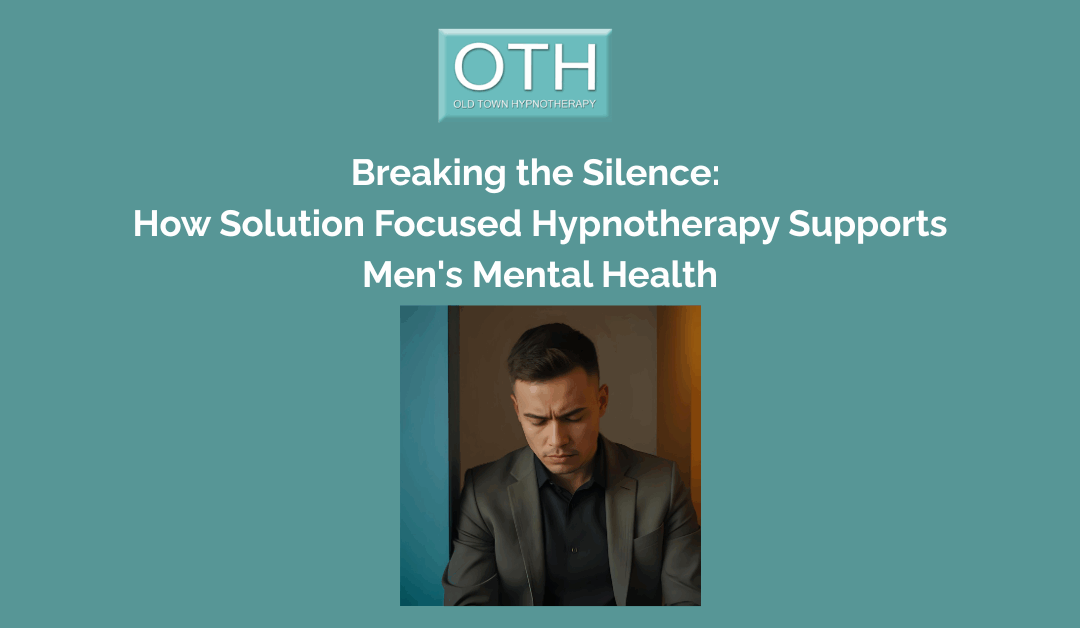
Breaking the Silence: How Solution Focused Hypnotherapy for Men Supports Men’s Mental Health
Discover how Solution Focused Hypnotherapy for Men effectively enhances men’s mental health by offering practical, stigma-free, and goal-oriented therapy that produces genuine results.
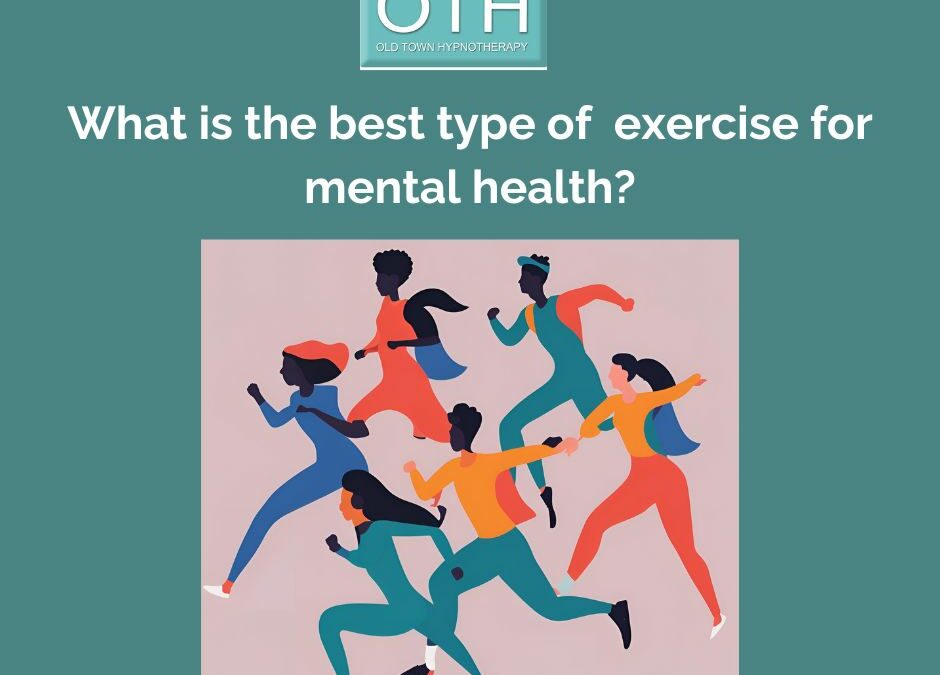
What is The Best Type of Exercise for Mental Health?
What is the Best Form of Exercise for Mental Health? We all know exercise is important for its physical benefits, in clinic we regularly discuss the significant impact exercise has on mental health too. Regular and enjoyable physical activity creates a powerful...
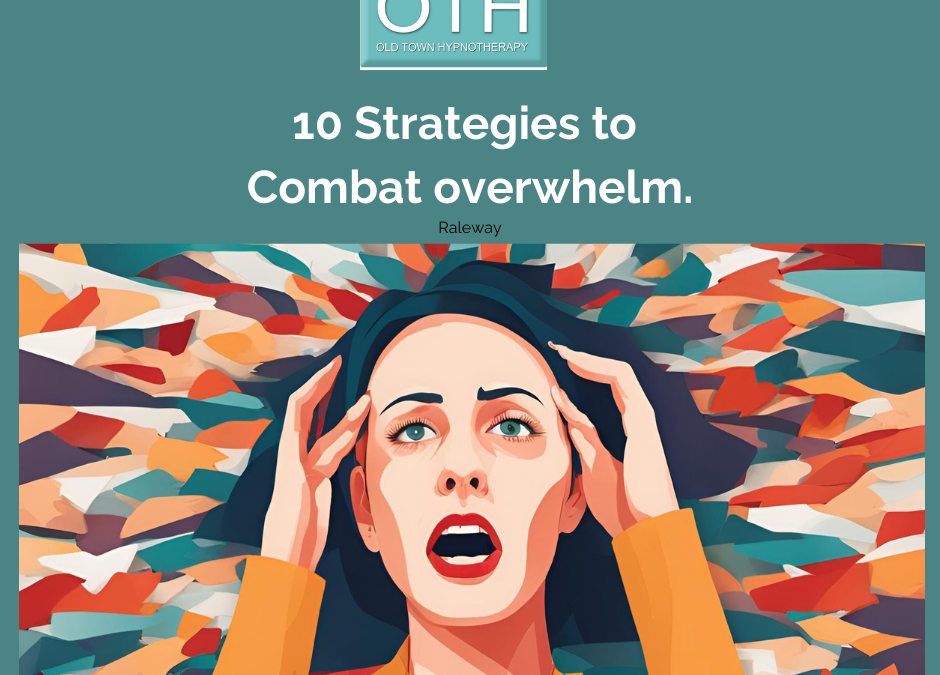
10 Strategies to Combat Overwhelm
10 Strategies to combat feelings of overwhelm As we enter the final few days before Christmas and the to do list grows, how do we recognise, and combat, feelings of overwhelm? What do we mean by Overwhelm? Overwhelm is a state of feeling emotionally or mentally...

12 Strategies and Tips to Combat Loneliness
12 Strategies and Tips to Combat Loneliness Loneliness is a feeling of isolation and disconnection that can affect people of all ages and backgrounds. It’s a universal human experience that, when prolonged, can lead to mental and physical health issues. Especially in...

6 Friendship Differences Between Men and Women
6 Friendships Differences Between Men and Women I think we can probably all agree that friendships play an essential role in our lives, Research suggests that people with more friends, or at least strong social connections, tend to live longer....

Sunlight and Mental Health
The importance of sunlight for a healthy mind.
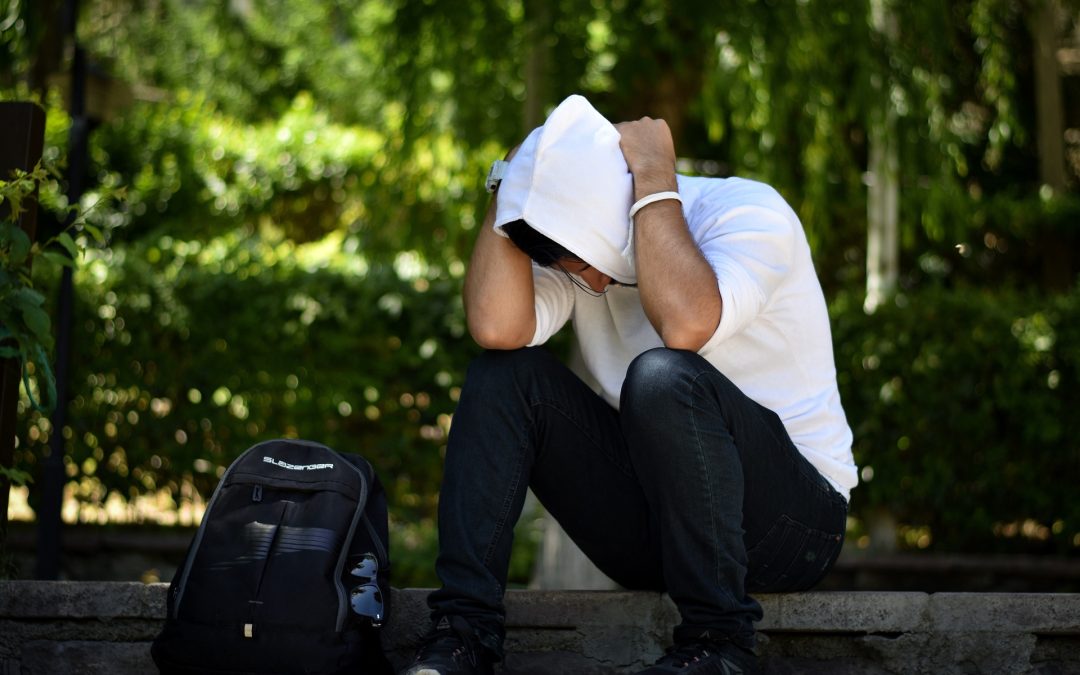
Understanding Anxiety
Understanding the biological, psychological and environmental reasons that lead to anxiety disorders.
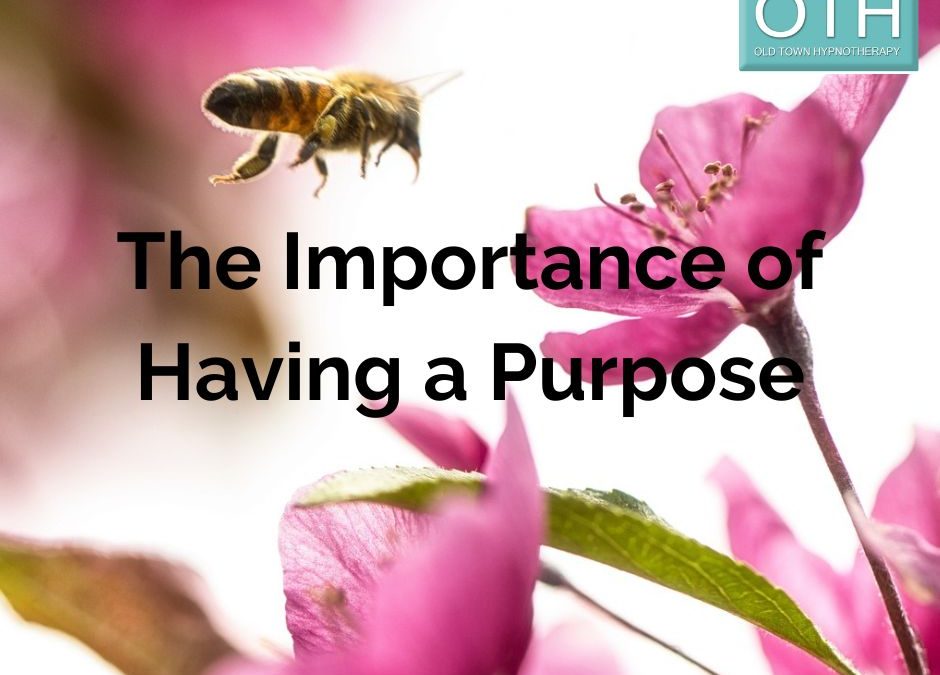
We may have heard that having a purpose in life is important. But what actually is a purpose? Why is having one important and how do we find one?
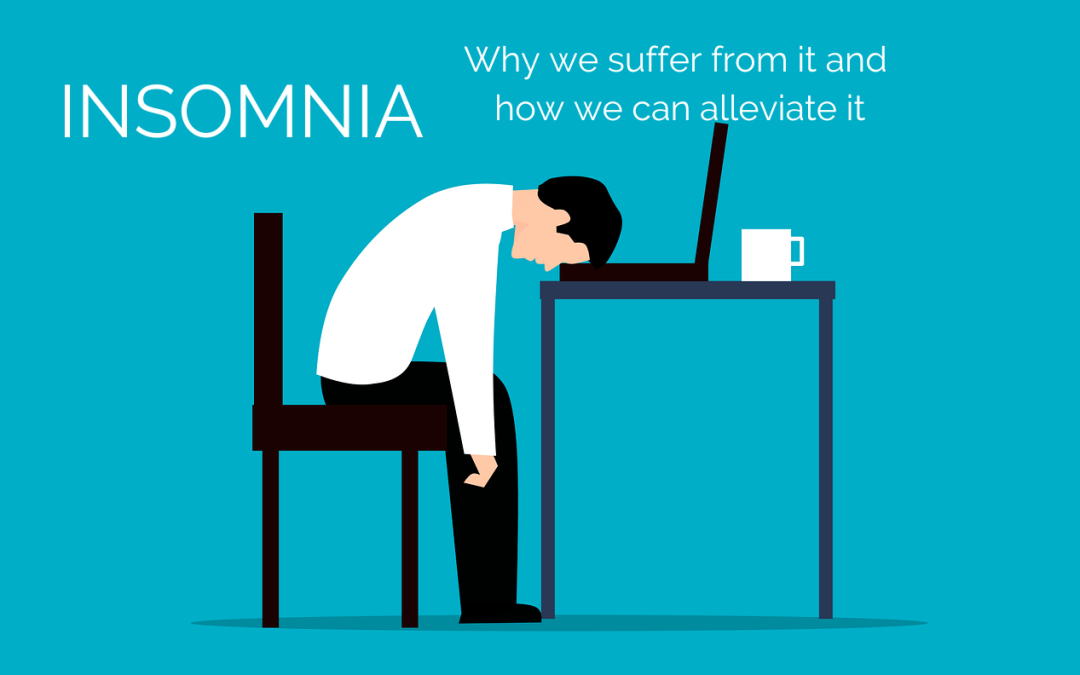
Insomnia – why we suffer from it and 6 ways to alleviate it.
Most of us have suffered from Insomnia at some point in our lives. Sleep is the foundation of our mental and physical wellbeing, we simply don’t function well without regular, healthy sleep. Understanding why we suffer from sleep disruption can help us to avoid it.
Disclaimer | Privacy Policy | Terms and Conditions
Copyright © OLD TOWN HYPNOTHERAPY 2016 All Rights Reserved

